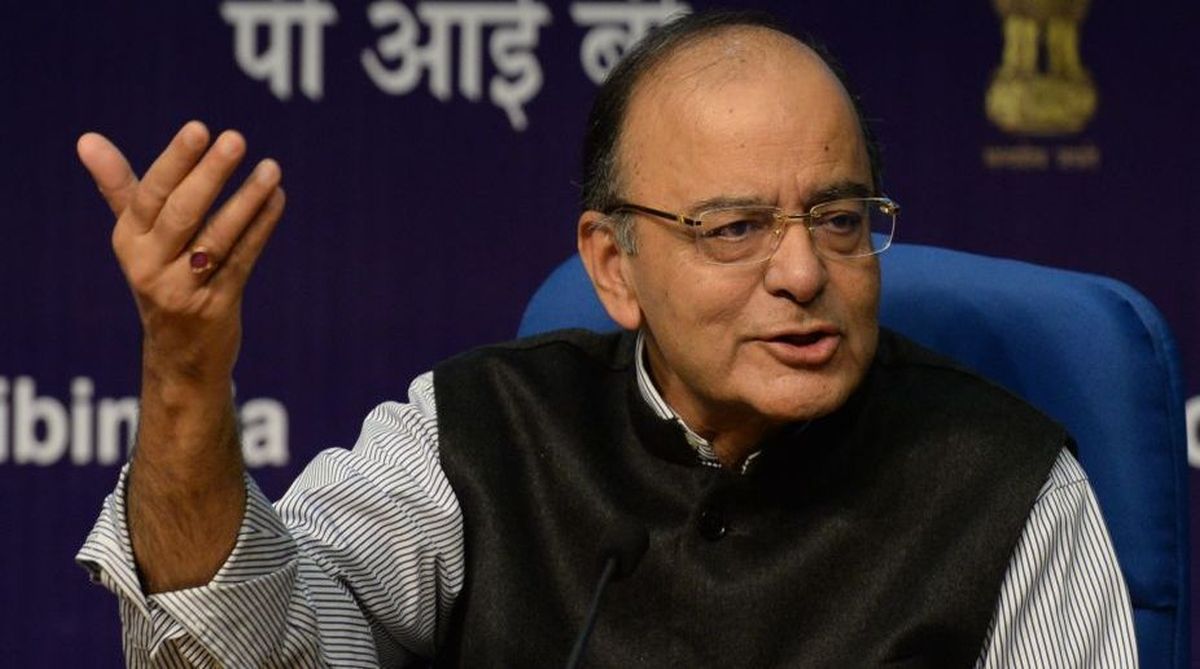The government on Wednesday confirmed that “extensive consultations” on several issues take place between the government and the Reserve Bank of India (RBI) from time to time in “public interest”.
The government has never made public the subject matter of the consultations. Only final decisions are communicated, the Finance Ministry said. It further said that it was equally true of all regulators.
Advertisement
The Finance Ministry further said that autonomy for the central bank within the framework of RBI Act was essential and an accepted governance requirement. “Governments have nurtured and respected this,” it said.
Both the government and the RBI have to be guided by public interest and requirements of economy, the ministry said.
Reports earlier in the day said that the government has invoked never-before-used powers under Section 7 of the RBI Act allowing it to issue directions to the central bank governor on matters of public interest.
Separate letters have been sent to the Reserve Bank of India (RBI) governor in recent weeks, exercising powers on issues ranging from liquidity for non-banking financial companies, the capital requirement for weak banks and lending to small and medium enterprises, the report said.
This Section had never been used in independent India till now. It was not used even when the country was close to default in the dark days of 1991, nor in the aftermath of the 2008 crisis.
The rift between the government and the RBI surfaced after Deputy Governor Viral Acharya in a hard-hitting speech on Friday pitched for “effective independence” of the central bank.
Acharya had said governments that do not respect central bank’s independence would sooner or later incur the “wrath of financial markets, ignite an economic fire and come to rue the day they undermined an important regulatory institution”.
Acharya emphasised that undermining a central bank’s independence is akin to committing a “self-goal” for any government.
Delivering the AD Shroff Memorial Lecture, he said, “What matters is the effective independence with which these powers (vested in the Acts governing the RBI or any central bank) can be exercised in practice.”
The Congress earlier on Tuesday accused the government of “destroying” institutions in the country by “assaulting their autonomy” as it hit out at Finance Minister Arun Jaitley over his criticism of the RBI and demanded that he apologise.
Read | Govt-RBI rift: Jaitley slams apex bank for bad loans, chairs meet with Urjit Patel, deputy
The finance minister had criticised the RBI for failing to check indiscriminate lending during 2008 and 2014 that has led to the present bad loan or NPA crisis in the banking industry.
“The central bank looked the other way when banks gave loans indiscriminately from 2008 to 2014,” Jaitley said.
The government of the day, he said, was pushing banks to lend which resulted in credit growth in a year shooting up to 31 per cent from the normal average of 14 per cent.
Later, Jaitley chaired a face-to-face meeting with RBI Governor Urjit Patel and Deputy Governor Viral Acharya amid a long-simmering discord between the central bank and the government that is turning into a very public brawl.
(With agency inputs)









